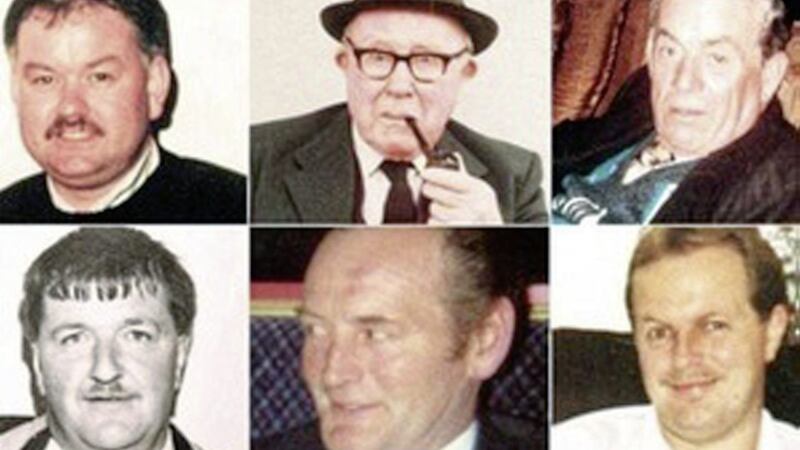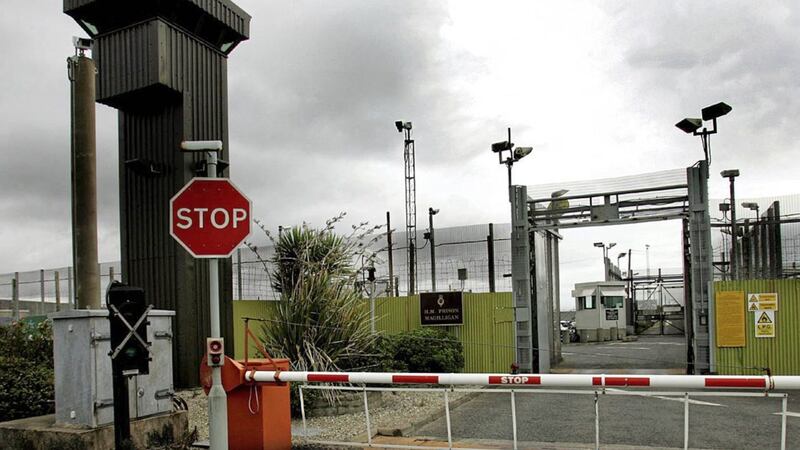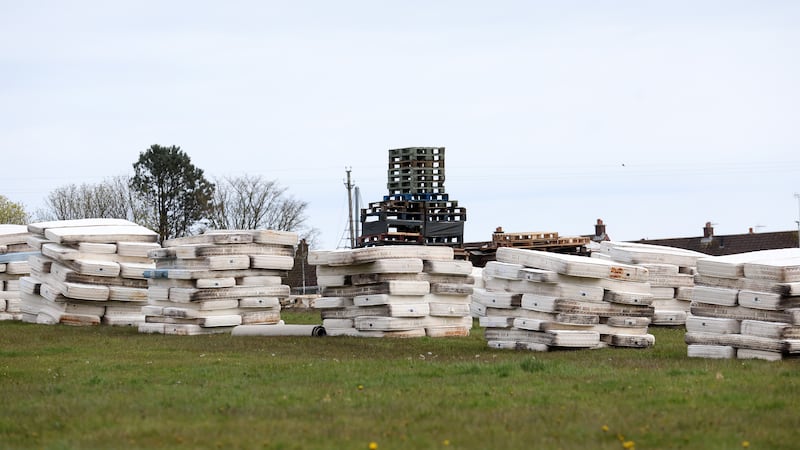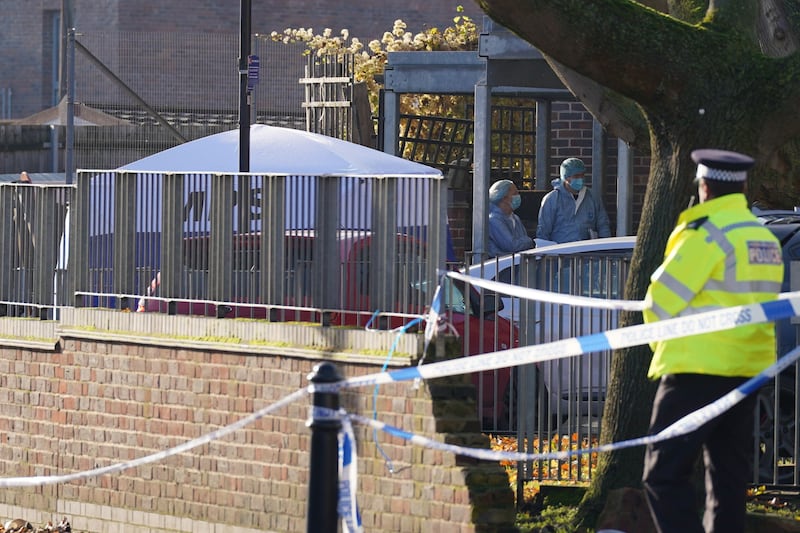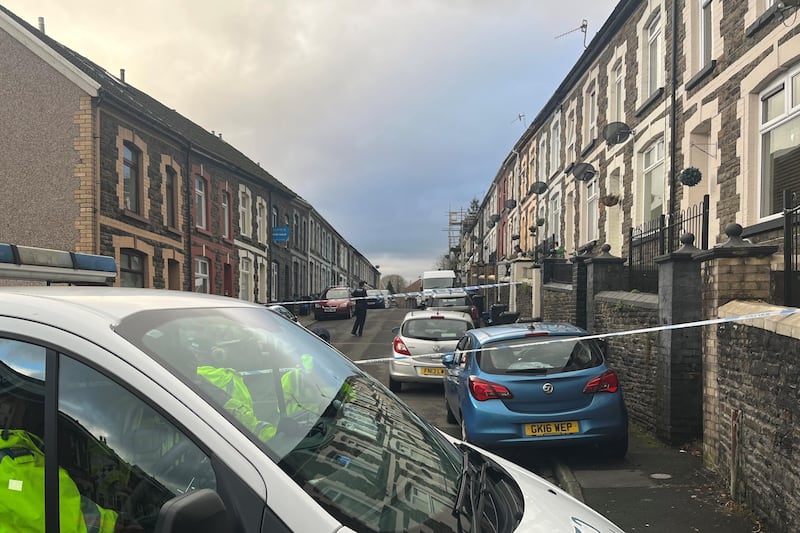The Police Ombudsman went beyond his legal powers in creating an "ad hoc" investigative system which found RUC officers colluded with loyalists who killed six Catholic men, the High Court has heard.
Counsel for two retired senior policemen claimed the watchdog report into the Loughinisland murders denied rights and protections to those under scrutiny.
Raymond White and Thomas Hawthorne are seeking to have the Ombudsman's findings quashed.
UVF gunmen opened fire at the Heights Bar in the Co Down village as their victims watched a World Cup football match in June 1994.
The men killed were: Adrian Rogan (34), Malcolm Jenkinson (53), Barney Green (87), Daniel McCreanor (59), Patrick O'Hare (35), and Eamon Byrne (39). Five others were wounded in the attack.
In June last year the Police Ombudsman, Dr Michael Maguire, said collusion between some officers and the loyalists was a significant feature in the murders.
He found no evidence police had prior knowledge, but identified "catastrophic failings" in the investigation.
But Mr White, a representative of the Northern Ireland Retired Police Officers' Association, and Mr Hawthorne, a retired chief superintendent and former sub-divisional commander in the area, are challenging the legality of the document.
Opening their bid for a judicial review, David McMillen QC said: "The Ombudsman stepped outside the system set out in legislation and created a role for himself beyond his powers.
Mr McMillen stressed his clients "unequivocal" support for the watchdog scrutinising police conduct and holding officers to account - a role set out in parliamentary legislation.
He argued, however, that insufficient rights were given to those subject to final determinations.
"This matter involved allegations of serious criminality, and particular allegations of collusion, which must import the highest level of protection," he said.
"The scheme operated by the Ombudsman to carry out this investigation was an ad hoc scheme unknown to the statute, which then left the Ombudsman free to create his own checks and balances such as they were."
The court heard a letter sent to Mr Hawthorne in 2015 contained no claims that loyalist terrorists were being allowed to "run riot" in the south Down area.
Mr McMillen insisted that any such allegations should have been put to him, and questioned the timing of correspondence three years into the Ombudsman's investigation.
"Three quarters of the way through the entire exercise, and only at that stage did they decide to speak to somebody who is going to be a key target of the exercise," he added.
Responding for the Ombudsman, Tony McGleenan QC argued that the watchdog had an obligation to investigate such serious allegations.
He told the court that if the applicants were right it would effectively mean the Ombudsman should ignore the claims and walk away.
Following submissions the case was adjourned to next week.
